If Someone Stops Taking Selfies As They Age, They’re Often Coping With These 11 Private Feelings
People who stop taking selfies as they age are often struggling with aging in a nuanced way.
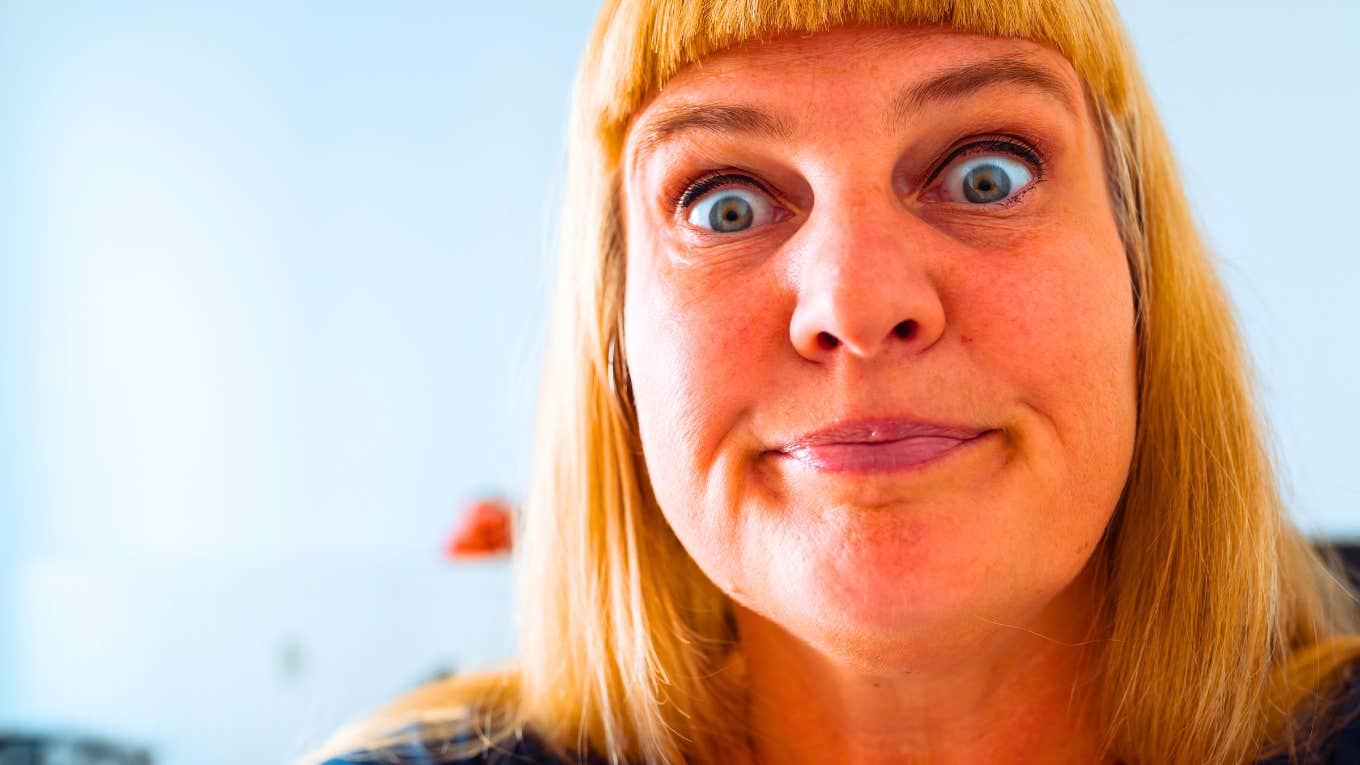 larisa Stefanjuk / Shutterstock
larisa Stefanjuk / Shutterstock While self-esteem does tend to improve as people get older, studies show that it often peaks around middle age. Life transitions can take a toll on one's sense of self, and aging comes with some particularly difficult challenges to a person's identity, causing many to shift long-standing behaviors.
If someone stops taking selfies as they age, for example, they're often coping with private feelings they don't feel comfortable sharing with just anyone. They may be facing existential fears of mortality or no longer recognize the person in their pictures. So while it may feel natural to brush off concerns about selfies as superficial, you may want to consider how much weight they carry for some.
If someone stops taking selfies as they age, they’re often coping with these 11 private feelings
1. They feel invisible
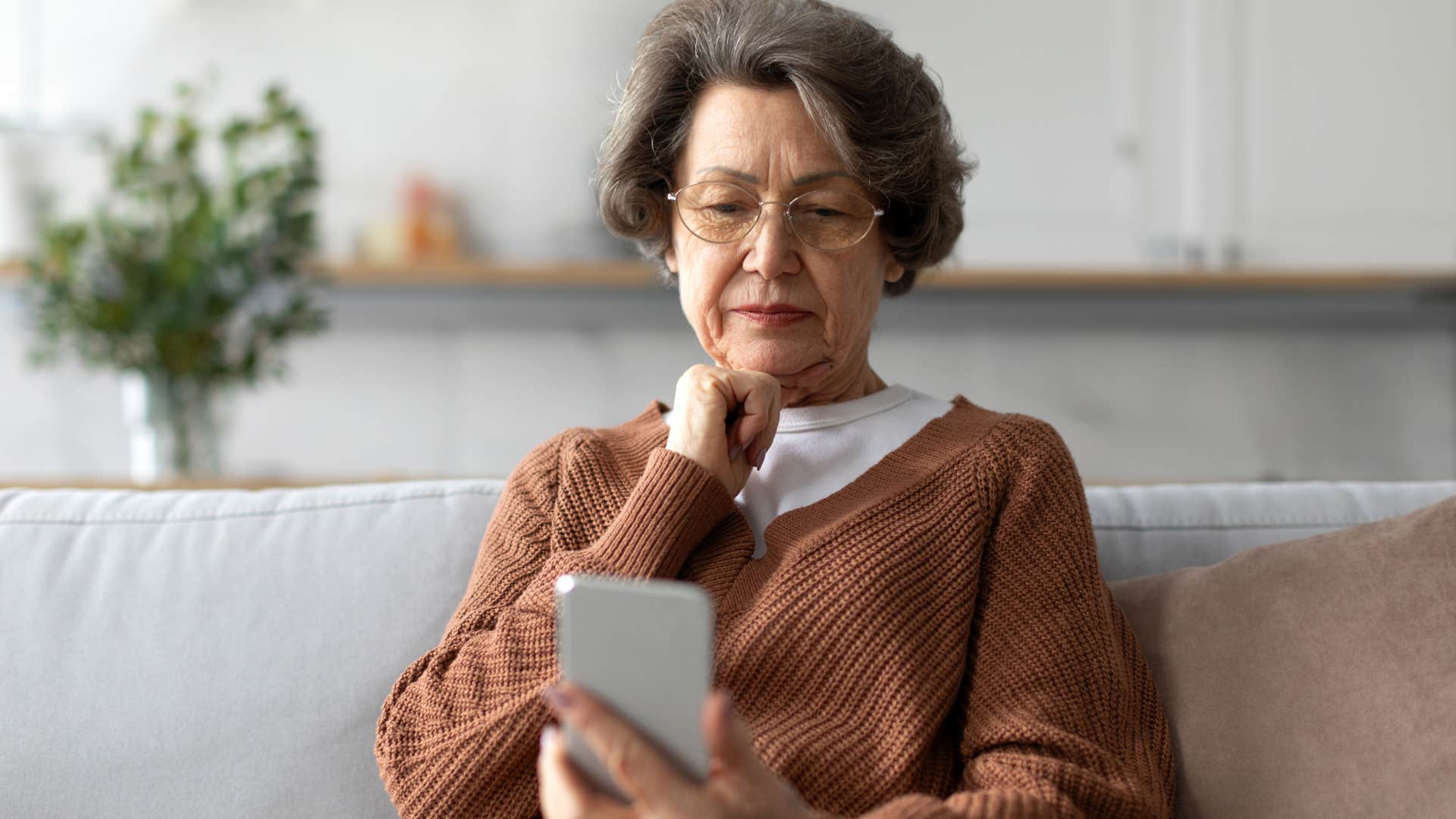 Fast-stock | Shutterstock.com
Fast-stock | Shutterstock.com
Feeling unseen and invisible in society, their relationships, and communities often exacerbate already existing mental health struggles around aging, specifically for women. So, if someone stops taking selfies as they age, they’re often coping with these private feelings on their own.
They may not express these issues openly or want to feel like a burden to the people in their lives, but internally, they’re always grappling with feeling invisible while everyone else is adopted and celebrated.
2. They’ve lost confidence in their appearance
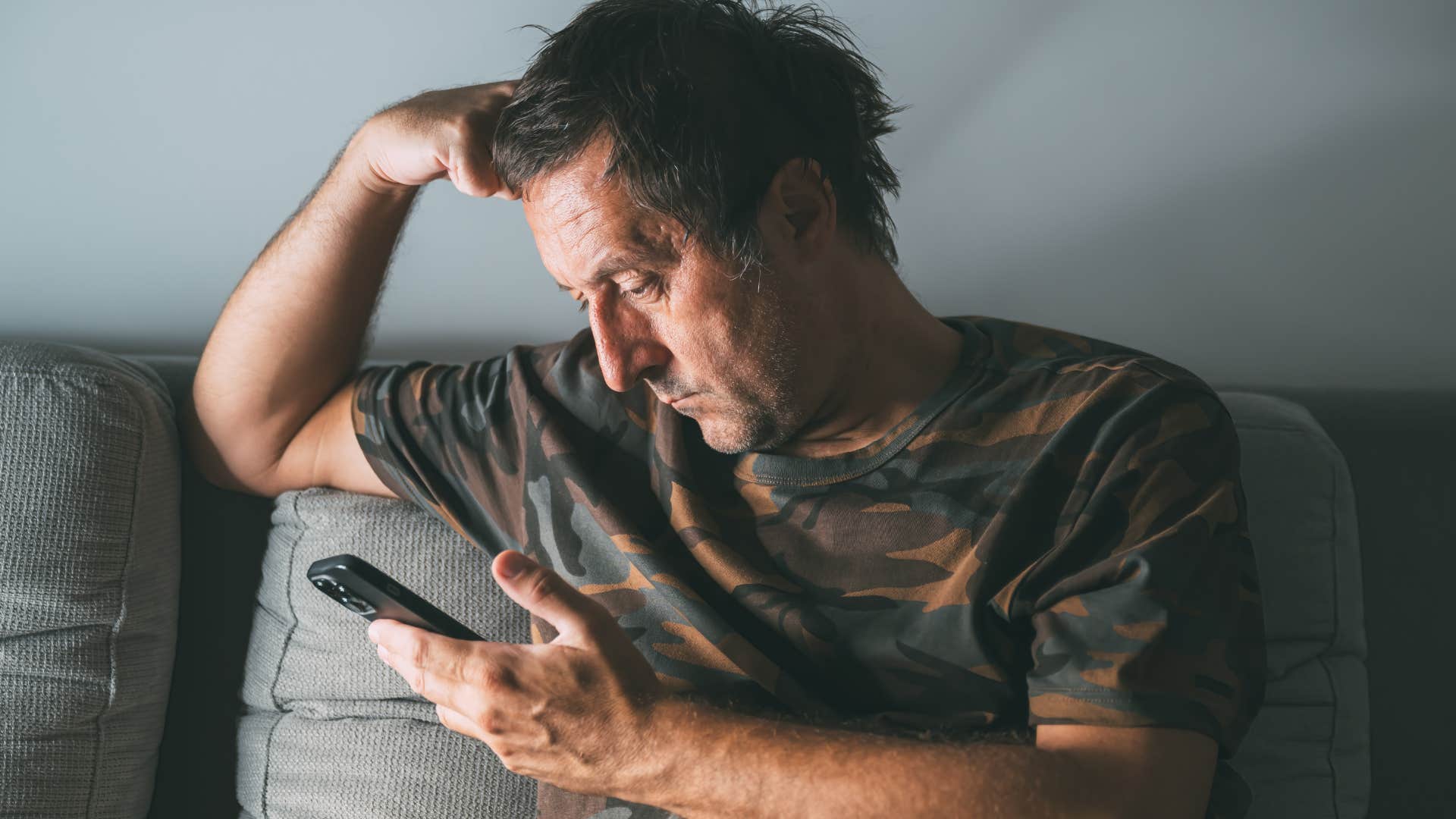 Bits And Splits | Shutterstock.com
Bits And Splits | Shutterstock.com
Women tend to be more disconnected from their bodies and physical appearance as they age, largely because they struggle with existing in the face of incredibly toxic gender social norms. For people who’ve managed to set healthy boundaries and protect their confidence, even scrolling through social media can be a tumultuous experience.
So, if someone stops taking selfies after they age, they’re often coping with these private feelings of insecurity, self-esteem struggles, and body image issues.
3. They’ve stopped connecting with people online
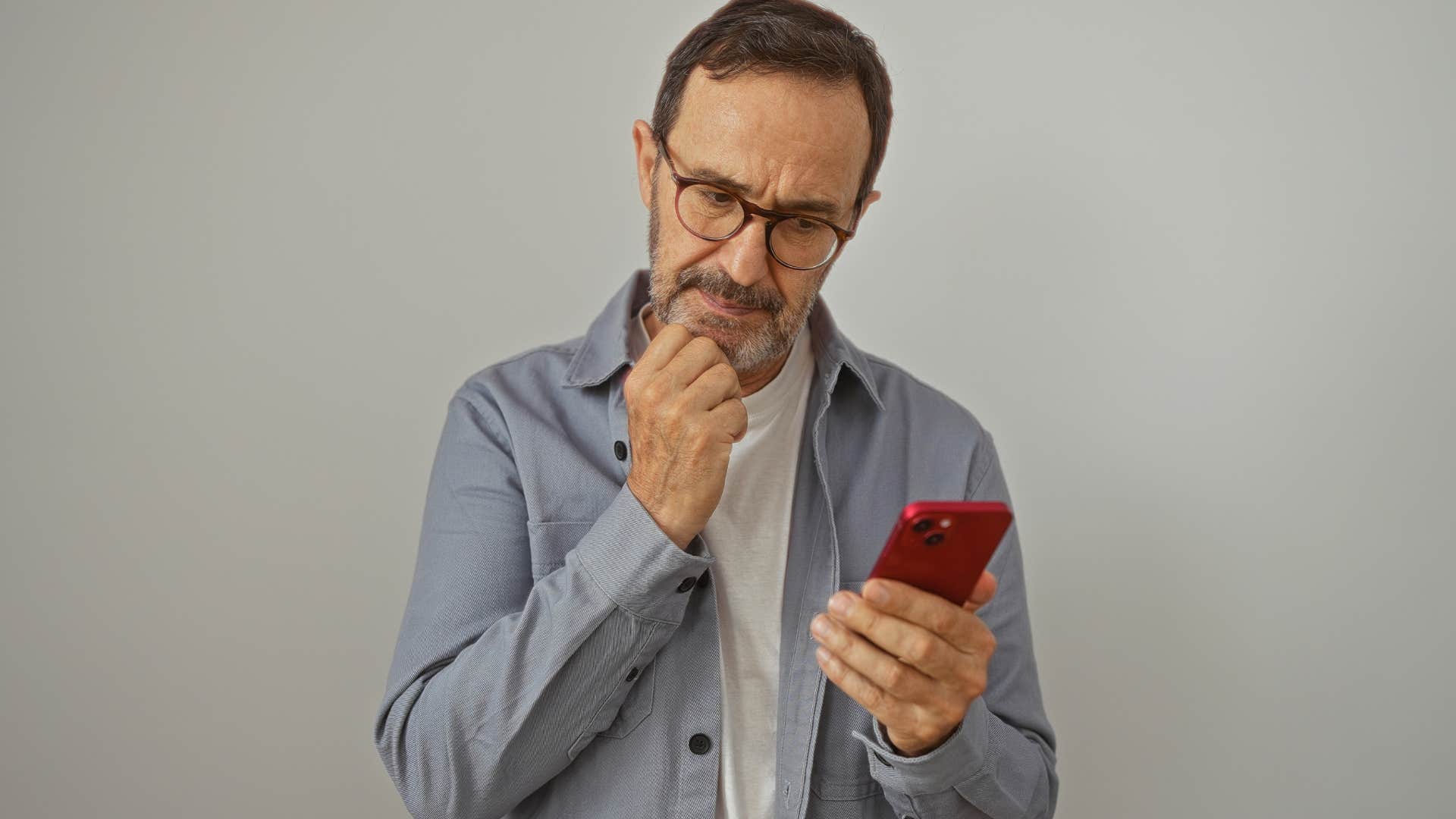 Krakenimages.com | Shutterstock.com
Krakenimages.com | Shutterstock.com
Social connection, even if it’s happening over the phone or virtually, can boost our mental health, mood, and general physical health, according to experts from Harvard’s School of Public Health. However, it’s also possible that as people get older, they struggle to find their place online and connect with their loved ones amid their busy lives with phone calls and text messages.
If they’ve drifted away from friends and no longer have a community to lean on virtually, they’ll likely stop taking selfies and photos to share online, because there’s nobody to acknowledge them.
4. They don’t like what they see in the reflection
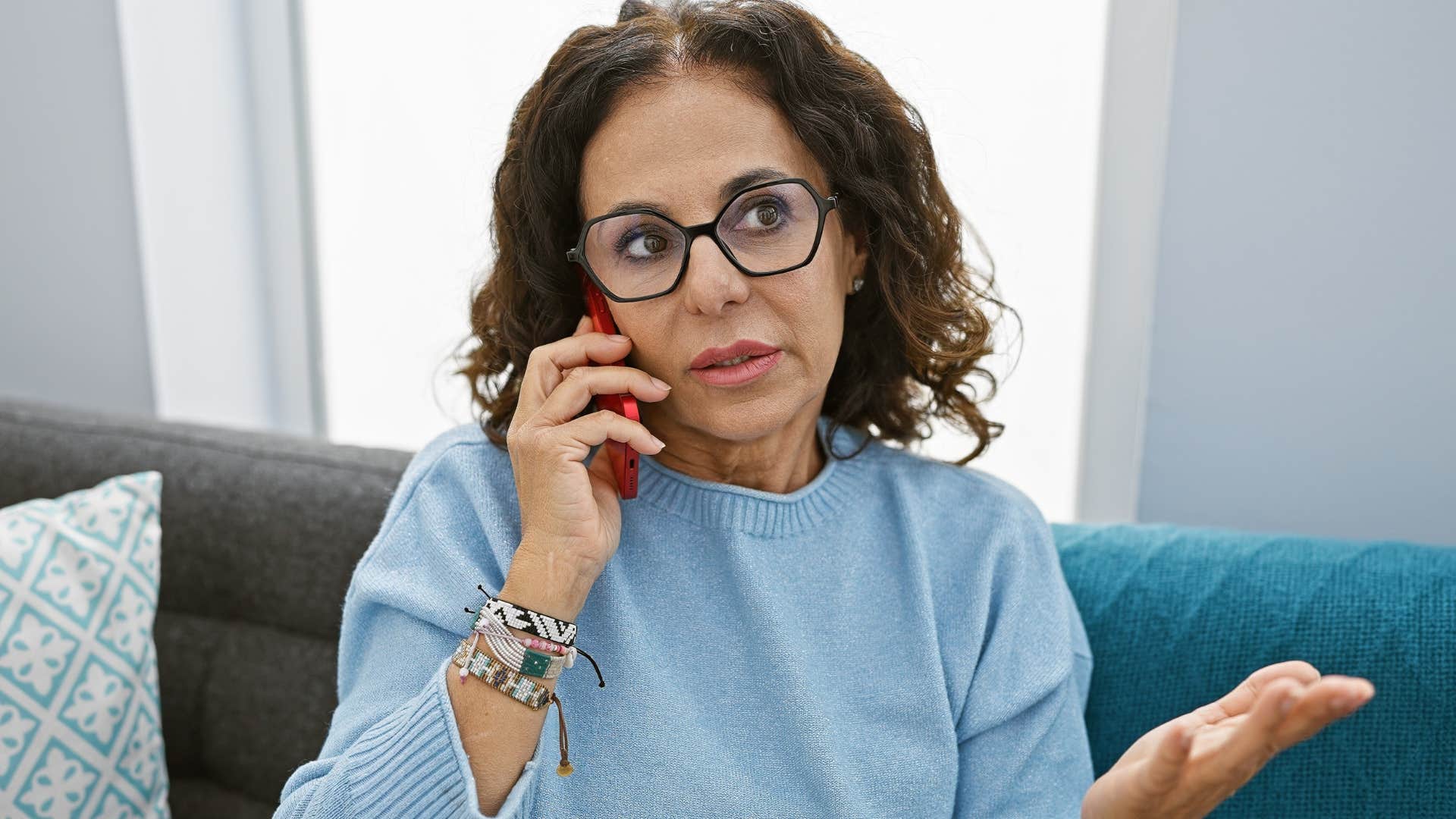 Krakenimages.com | Shutterstock.com
Krakenimages.com | Shutterstock.com
If someone doesn’t like what they see in the reflection and is struggling with low self-esteem, chances are taking selfies on their phone is the last thing they’re thinking about, making time for.
According to a study from the BMC Geriatrics journal, feelings of loneliness specifically exacerbate the relationship between mental health concerns and self-esteem. So, if someone is already struggling with self-esteem, chances are they’ll be more susceptible to developing chronic stress, anxiety, or depression if they don’t have a safe space to seek out social support.
5. They’ve lost purpose
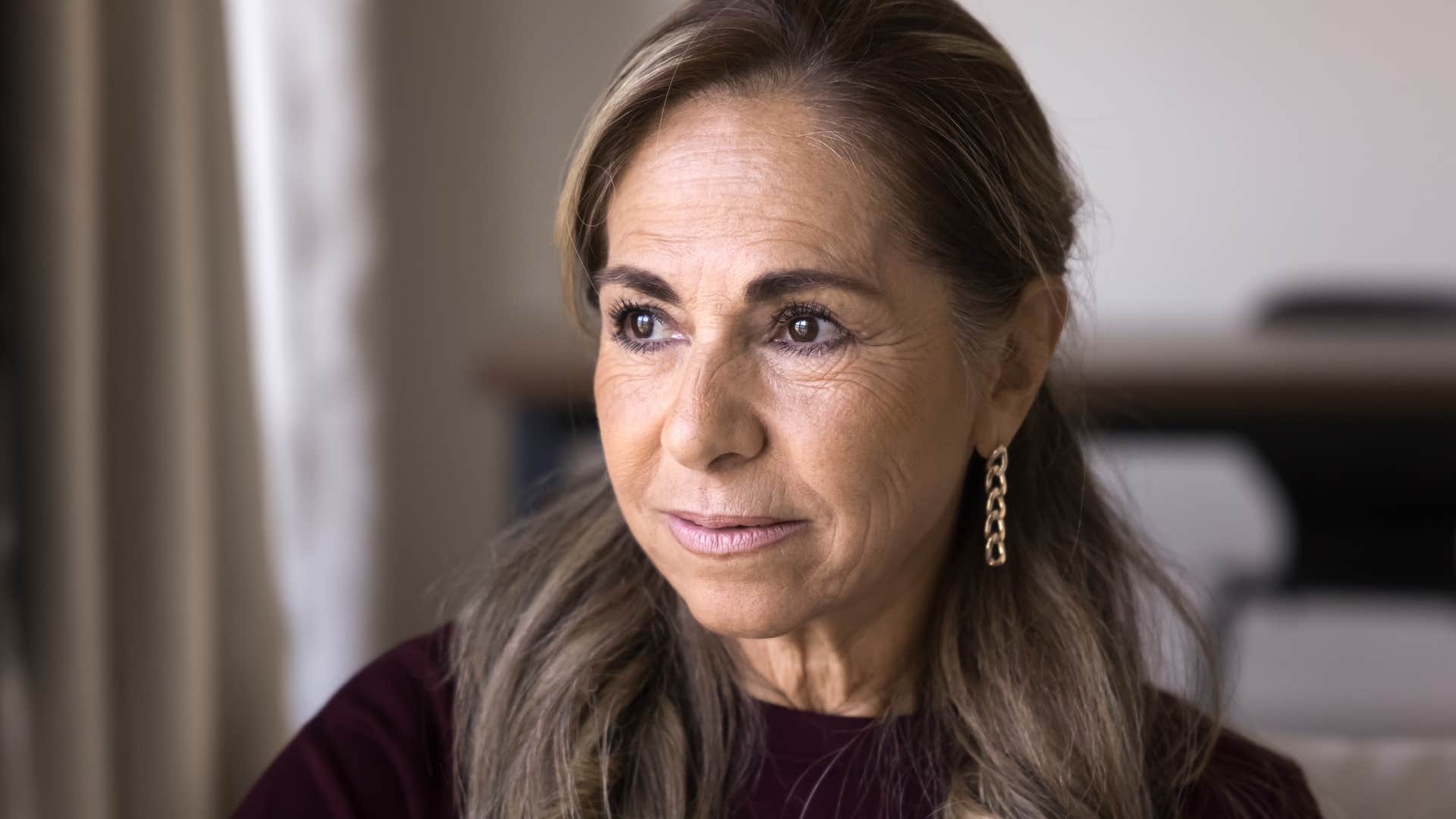 Fizkes | Shutterstock.com
Fizkes | Shutterstock.com
When a person doesn’t feel like they have meaning or purpose in life, even small things can feel impossible. They feel like they’re flailing around trying to figure out their next step. If someone stops taking selfies as they age and posting pictures from their lives on social media, they’re often coping with these private feelings.
Of course, if posting photos and curating a social media feed was originally a means to find validation, chances are that this avoidance is often a good thing, protecting their self-esteem as they find and start the next season of their lives.
6. They’re stuck in ‘fight or flight’ mode
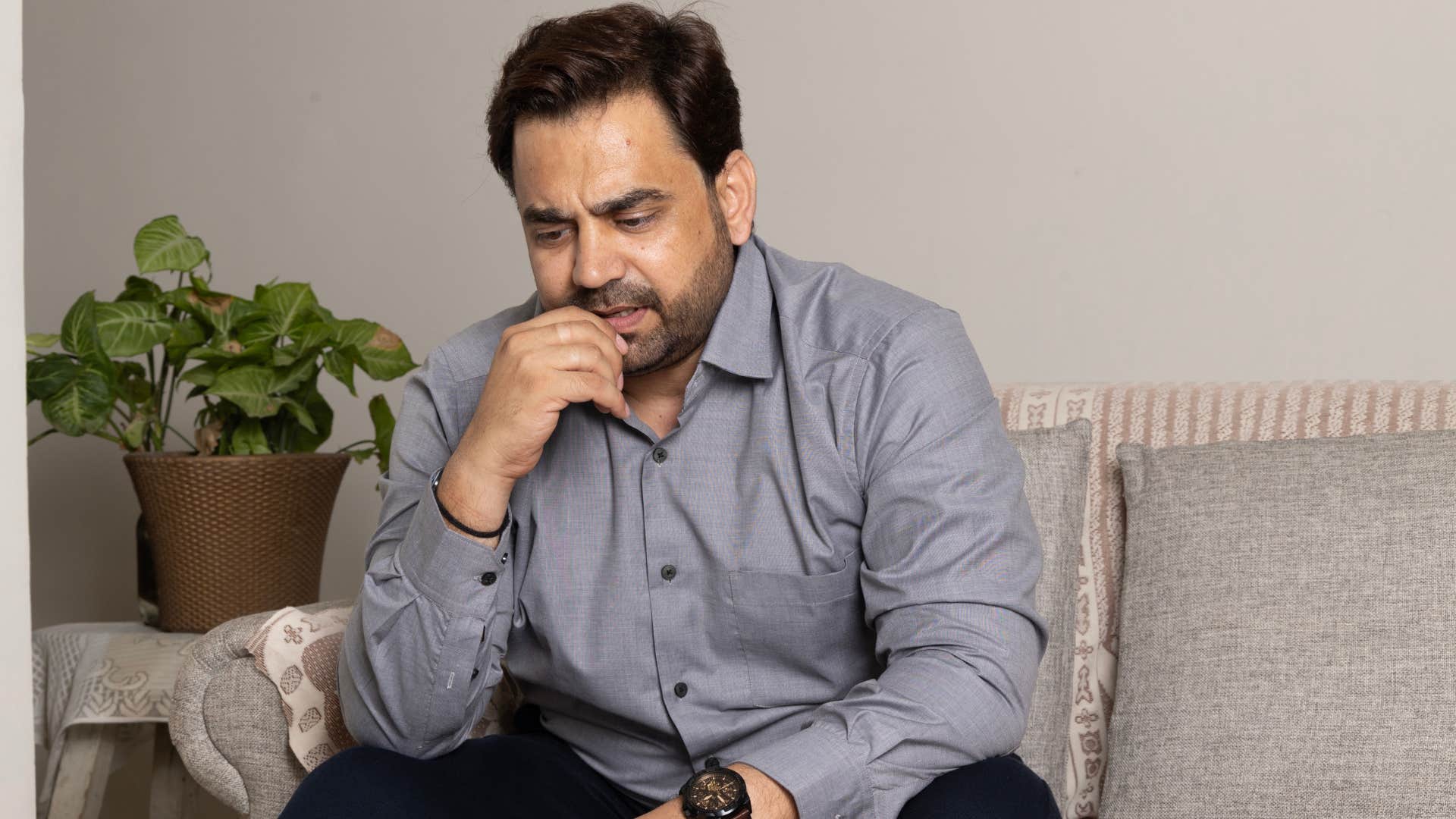 Master of Stocks | Shutterstock.com
Master of Stocks | Shutterstock.com
When a person is stuck in fight-or-flight mode, their brain has only enough energy to focus on the bare minimum. They’re dealing with so much anxiety, stress, and inner chaos that even doing household chores and making space for basic hygiene rituals feels completely impossible.
Small things, like pulling out their phone to take a selfie, suddenly feel like an insurmountable task, so it’s no surprise that people dealing with this tension and internal chaos find ways to avoid it.
7. They’re grieving
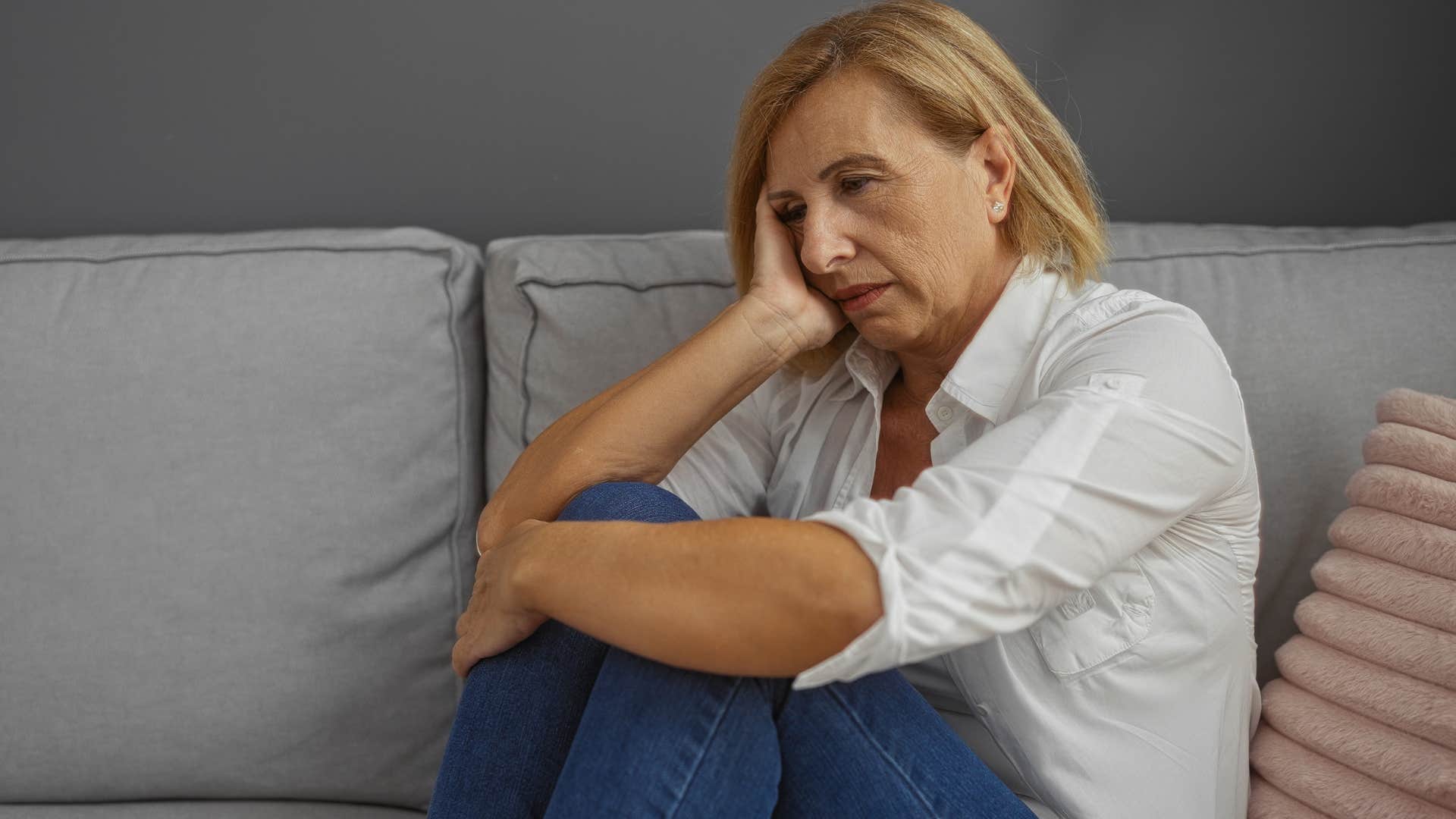 Krakenimages.com | Shutterstock.com
Krakenimages.com | Shutterstock.com
Many people experience nuanced, complicated versions of avoidance when they’re grieving, whether it’s the loss of a loved one or the experience of aging and letting go of past versions of themselves. Even if they’re simply avoiding reminders of what they’ve lost online, if someone stops taking selfies as they age, they’re often coping with these private feelings subconsciously.
Avoiding the reminders of loss and even retreating from conversations with people where this topic may come up is their way of coping, no matter how unhealthy it may be.
8. They fear judgment from others
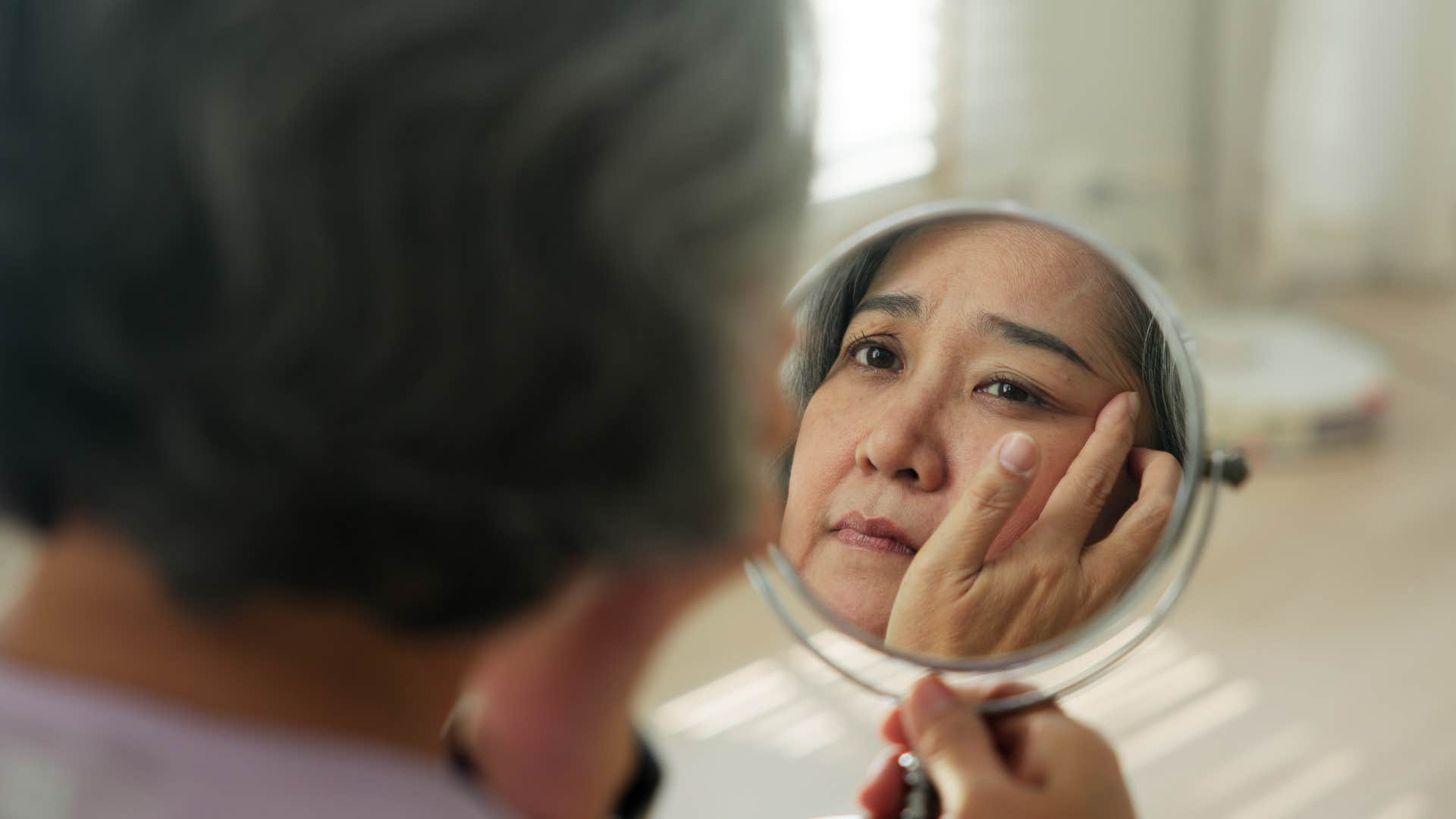 Chay_Tee | Shutterstock.com
Chay_Tee | Shutterstock.com
Stereotypes around aging and judgments from society, specifically toward women, often influence how people feel about themselves as they get older, even if they have a strong sense of self-esteem. Especially if they’re starting to let these judgments and stereotypes get the best of them, fearing judgments could predict how they show up online and in their relationships.
If someone stops taking selfies as they age, they’re often coping with these private feelings, wondering how they’ll be perceived when they share themselves online, even if they’re confident in their own time.
9. They’re incredibly private
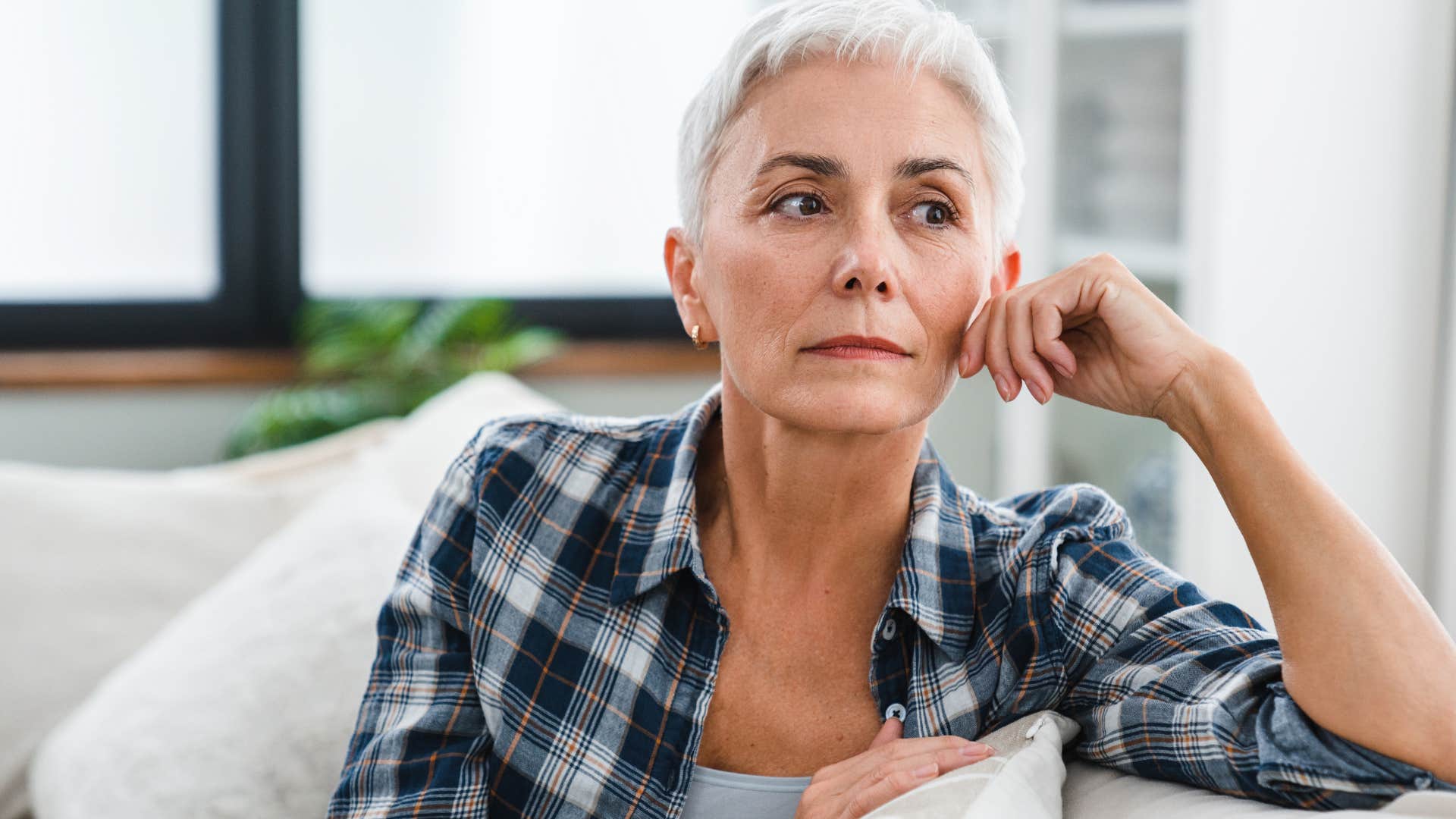 Inside Creative House | Shutterstock.com
Inside Creative House | Shutterstock.com
People who have grown incredibly private with age may struggle with sharing things online and letting down their guard. Whether it’s fueled by mental health struggles, loneliness, or a fear of getting hurt, they’ve leaned into the avoidance of privacy to cope with the internal spiral of negativity they deal with at every second of every day.
They don’t want to share too much, so it’s no surprise that taking a selfie is the last thing they’re worried about.
10. They’re lonely
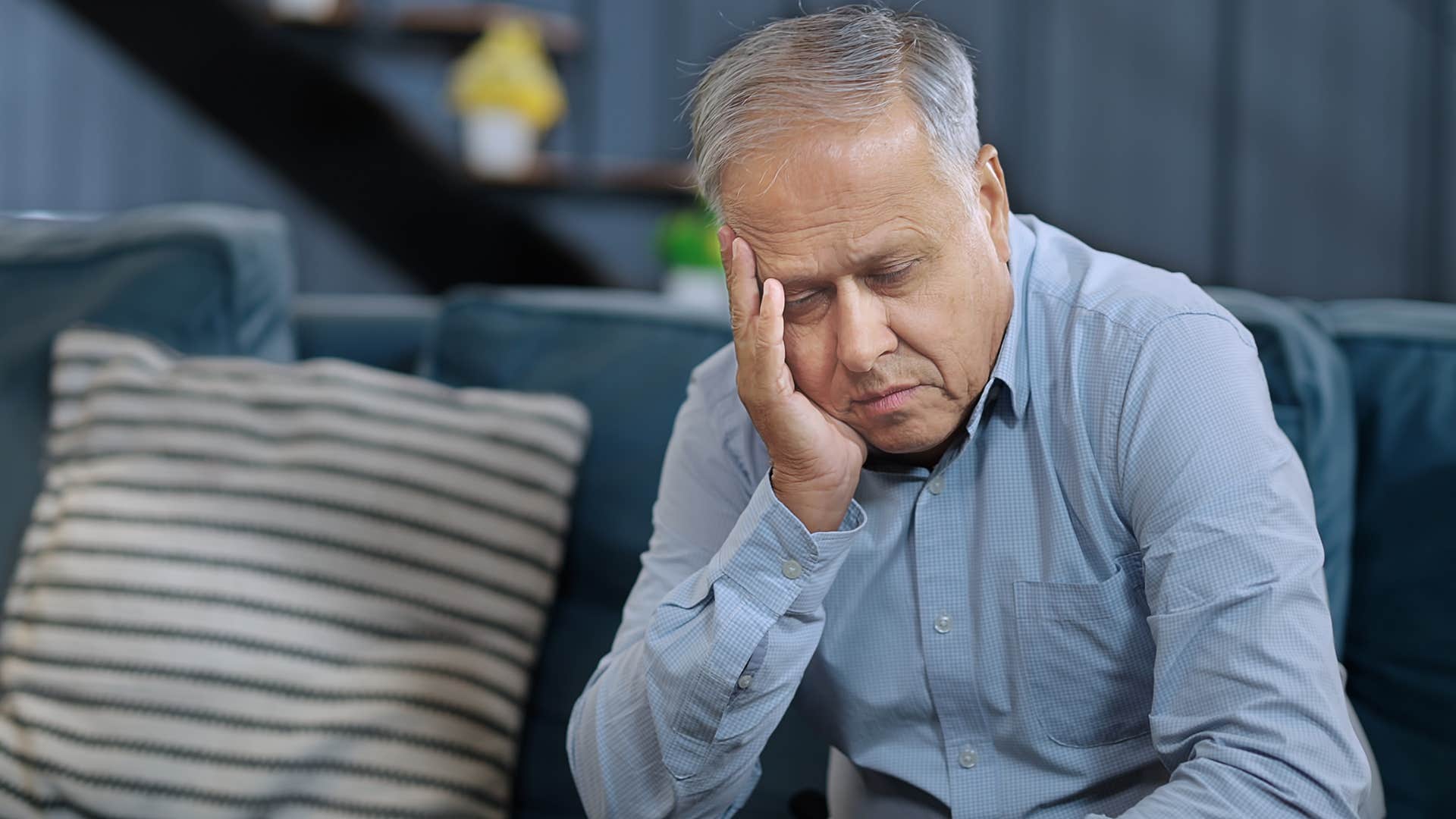 Raushan_films | Shutterstock.com
Raushan_films | Shutterstock.com
Even if they’re surrounded by a million people in their daily lives and online, people dealing with a sense of chronic loneliness often feel alone. They avoid sharing things online and taking photos of themselves to connect with others, because their loneliness has only amplified their feelings of shame, anxiety, and internal frustration.
Like a study from Northwestern University agrees, as we get older, we tend to grow more lonely, whether that’s rooted in mental health concerns or a negative self-talk spiral they’ve fallen into. So, it’s no surprise that they feel like they’re screaming into a void when they post online.
11. They feel emotionally fragile
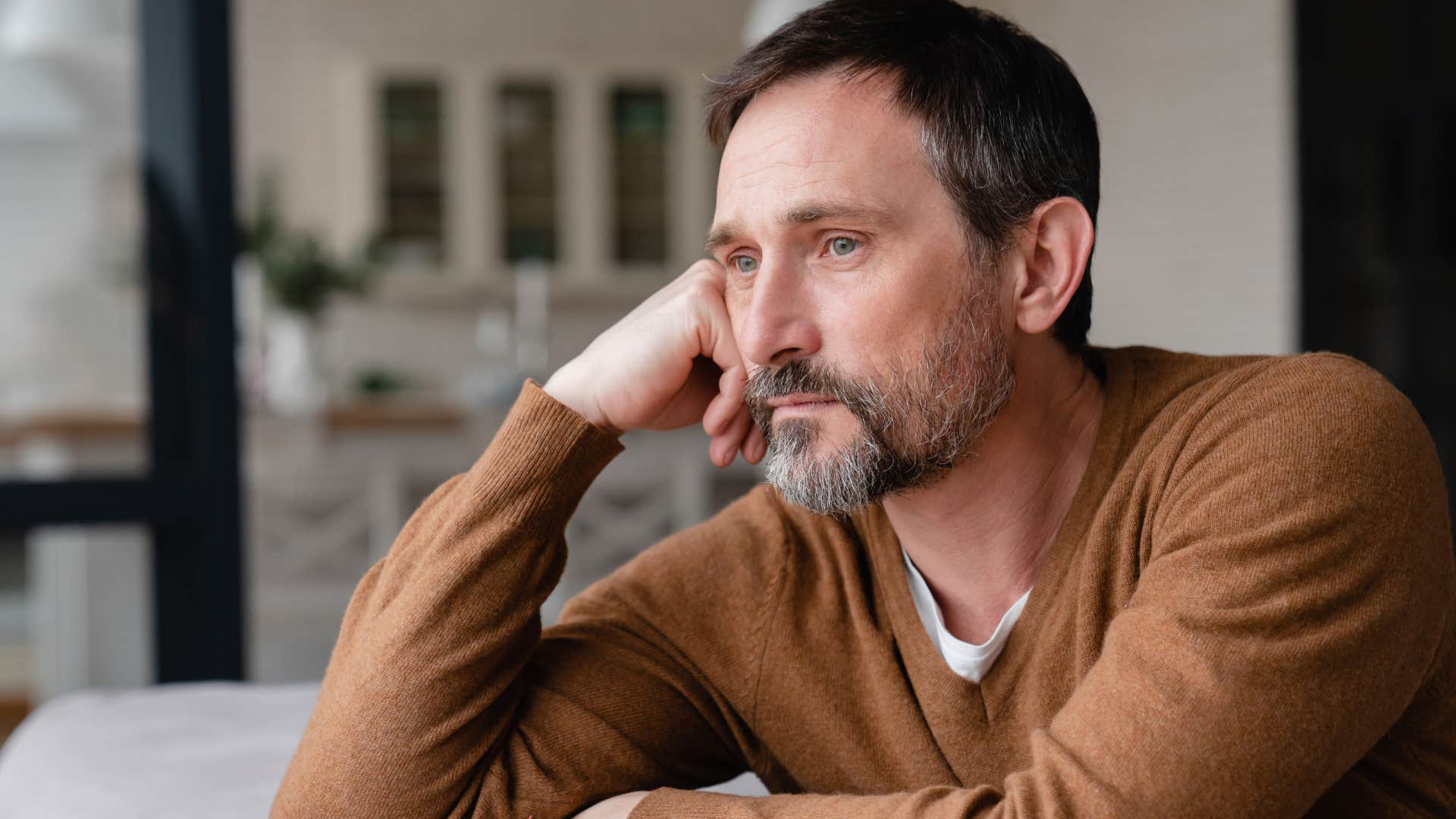 Inside Creative House | Shutterstock.com
Inside Creative House | Shutterstock.com
Even though avoidant tendencies tend to exacerbate already present stressors, according to a study published in the Journal of Consulting and Clinical Psychology, many people dealing with emotional turmoil turn inward and avoid things, people, and acknowledgement to cope. Even when it comes to social media and posting online, if someone stops taking selfies as they age, they’re often coping with these private feelings.
Emotionally fragile people, struggling with a flurry of aging fears, internal judgment, and low self-esteem, don’t want to be a burden to others and fear opening the floodgates internally, so they self-isolate and distract themselves from reconnecting.
Zayda Slabbekoorn is a senior editorial strategist with a bachelor’s degree in social relations & policy and gender studies who focuses on psychology, relationships, self-help, and human interest stories.

